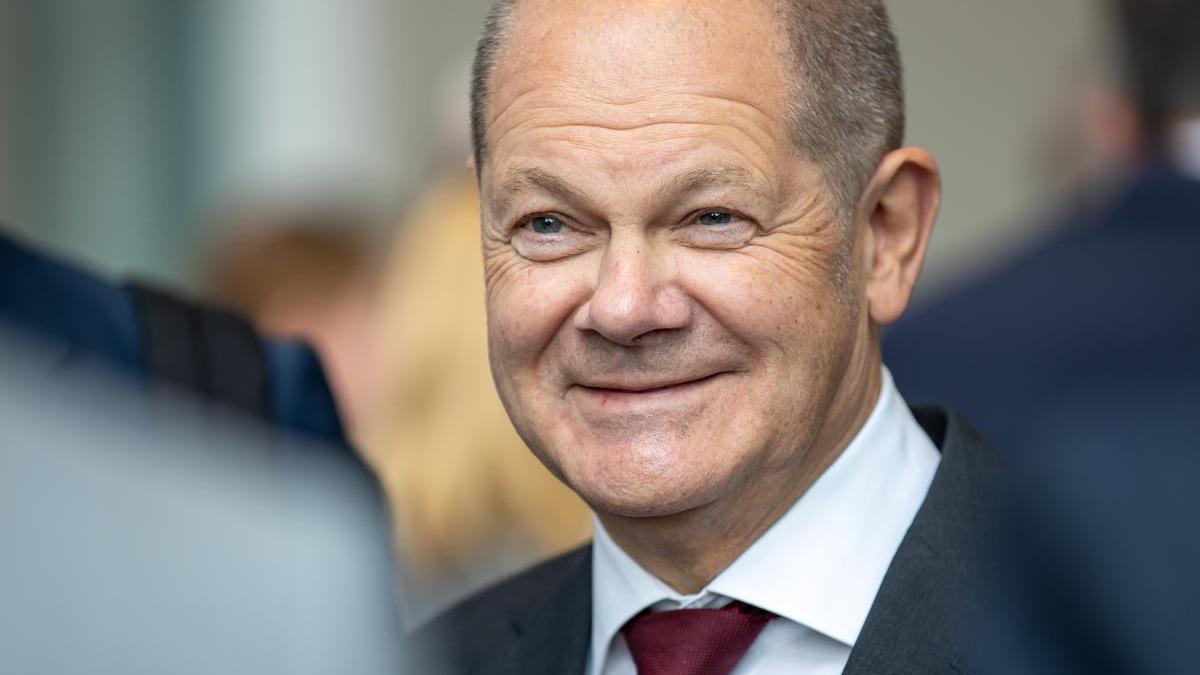Posted in: Last update:
Jerusalem (AFP) – Benjamin Netanyahu, who served as prime minister for the longest period in Israel’s history, is about to regain power after winning legislative elections with his right-wing bloc, a veteran politician says protecting the Jewish state from its enemies is “the mission of his life”.
On Friday, the Likud party leader began negotiations with his religious allies and the far right to form a government that is likely to be the most right-wing in Israel’s history.
Both allies and opponents of Netanyahu admit that he has not lost an iota of his activism in his tireless quest to return to power.
At the age of seventy-three, the Likud party leader sets out to take over the presidency of the Council after securing a major victory for his party and right-wing bloc, with almost all votes counted after the elections. were held on Tuesday, which was the fifth election in less than four years.
In his election campaign this year, Netanyahu used a safety glass car called “Bibimobile”, inspired by the Pope’s car, “Papamobile”, and toured the country.
Although he is on trial on corruption charges, political experts believe that the foundations of his Likud party will remain in support of him. This is the first time he has run for elections in four years while he was leading the opposition, not the authority that was overthrown in 2021 by a diverse coalition.
Netanyahu thus returned to the political scene from the door of power.
His former spokesman, Aviv Bushinsky, told AFP that Netanyahu would not voluntarily step down. “It’s impossible … he will try to do everything in his power to form an alliance, no matter how crazy, with a divine mission in his head to save the country,” he added.
“People’s future”
Netanyahu was born on October 21, 1949 in Tel Aviv, and inherited from his father, the historian, an uncompromising ideology, as the latter was the personal assistant of Ze’ev Jabotinsky, the leader of a Zionist movement who presented himself as a “corrective” and sought to establish “Greater Israel”.
In 1976, his brother Yonatan was the only Israeli soldier killed while participating in a military operation led by a unit he was overseeing to free the hostages held in a plane hijacked by Palestinian and German organizations in Uganda.
In his memoirs, published this month, he said he “would never recover” from the murder of his brother.
“When I got the news of Yoni’s death in Entebbe, I felt like my life was over,” he says.
Netanyahu grew up for part of his life in the United States and graduated from the prestigious Massachusetts Institute of Technology.
Thanks to his fluency in English, American TV channels focused on him when he talked about Israel in the late 1980s and early 1990s, which contributed to his star’s rise as a figure. politics at local and international level.
In the 1980s, he held a diplomatic post at his country’s embassy in Washington.
Netanyahu, who has always questioned the Oslo peace accords, took over the Likud party leadership in 1993 and won the elections in 1996, becoming Israel’s youngest prime minister at the age of 46.
He lost power in 1999, but regained it after ten years to remain at the helm until 2021.
“As a soldier, I fought to defend Israel on the battlefield, as a diplomat I rejected attacks on its legitimacy in international forums, and as a finance minister I sought to multiply its economic and political power among nations,” he wrote in his own. memories.
“I helped secure a future for my seniors,” he wrote.
– ‘100 percent’ –
Netanyahu did not engage in genuine peace talks with the Palestinians during his rule, while he oversaw the expansion of Jewish settlements in the occupied West Bank. He helped bury the peace process with the Palestinians that began in 1990 and the number of settlements in the West Bank has increased by fifty percent over the past decade. There are now 475,000 settlers living among 2.8 million Palestinians.
In foreign policy, Netanyahu focused on Iran, its nuclear program, and allied groups such as the Lebanese Hezbollah.
During the last year of his rule, he managed to conclude four agreements to normalize relations between Israel and Arab countries, and he also managed to get the country out of the blockade after launching an ambitious vaccination campaign against the Corona virus.
Despite his advanced age, the corruption allegations made by the judiciary and the few votes he has obtained in the last four elections, his ambition for power remains what it is.
In June, three hours after the collapse of his coalition of rivals and the start of new election speeches, Netanyahu arrived at a shopping mall in Jerusalem and pledged to contain the rising cost of living.
Days before the November elections, he addressed a small crowd in Magdal Haemek, the Likud stronghold, condemning the short-lived government formed by his rivals, describing it as a “dangerous and disastrous experiment”.
On that day, Rachel Cohen, 25, who came to express her support, said she was “100%” sure of Netanyahu’s victory because she “cared about the country” unlike her rivals.
The young woman, who works as a secretary, added: “It doesn’t have to be Bibi (the winner), but it has to be someone who suits us and cares about us and our safety.”
© 2022 AFP


